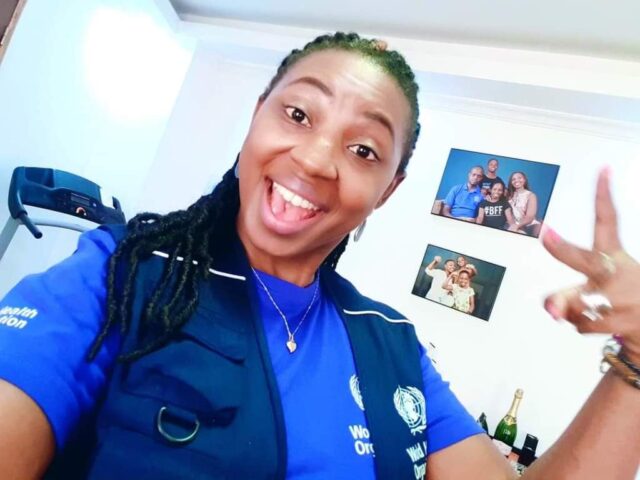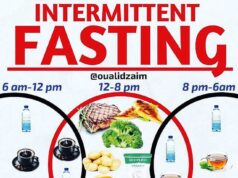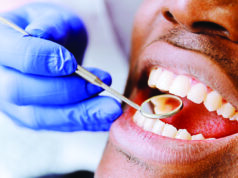Phionah Atuhebwe Mubangizi is a medical doctor working with World Health Organisation (WHO) as the new vaccine introduction officer in Africa. For the last nine years, she has been working in different parts of the world. She sits at the regional office in Brazzaville, Congo, but travels about 90 per cent of her time. She shares her Covid-19 battle with Agnes Kasemire
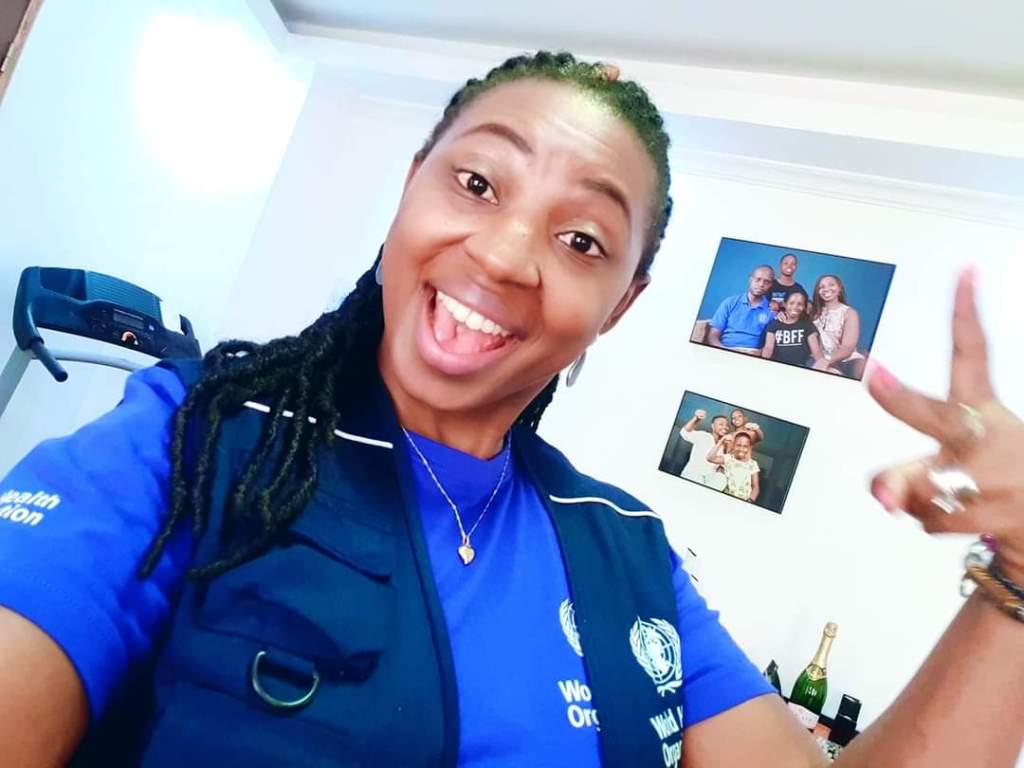
“When the pandemic broke out in China, we had repurposed staff to prepare countries to handle any eventualities because they were sure Africa too would be affected. We were in a preparedness mode to get countries ready and this went on for weeks before we got the first case in Egypt,” she recalls.
However, Atuhebwe and the team ensured countries put in place sustainable measures to check the spread of the virus.
Back home in Uganda, there were fears that Atuhebwe was putting her life at risk.
“We also took precaution to remain safe; sanitised and observed social distancing but focused on saving a billion lives,” she says.
They went through training in case management. Unfortunately, they were not paying much attention to the use of masks since the scientific justification was scanty.
In early March 2020, Atuhebwe had travelled to Eswatini for a few days only to return with a mild cough.
There were also a lot of community infections, given the fact this country took long to lock down. This put the essential team at risk since they continued mixing with the people in shopping centers, churches and markets.
A week later after testing, Atuhebwe received the shocking results. She was confirmed positive alongside three other co-workers; two males and a female who were way older than her.
“Everyone could not believe I could have the virus because I was the youngest because the virus was believed to affect old people,” she says.
She shared the results with her sisters and husband, who were devastated but agreed to conceal it from their children and her mother
“My mum had been following Covid-19 news on international channels. She was so scared for me that I had to prepare her for my results,” she says.
Meanwhile in Congo, Atuhebwe and colleagues were handed over to the ministry of health.
“We were not put in isolation centers because we were already staying alone, each in their own home,” she says.
But then, the ministry officials stormed her compound in the most alarming way that scared the neighbors who were not even aware that they had a case in their midst.
“Ambulance sirens and the rude policemen terrified me. I felt I lost my diplomatic immunity,” she adds.
After warning her not to get closer to the team, the doctor asked if she had any symptoms after which he announced that she was in a critical condition.
“I was surprised. They did not allow me to ask questions but gave me antibiotics, chloroquine and ARVs,” she says.
On consulting a senior doctor friend, Atuhebwe decided to use only antibiotics. This team never called or appeared again, but her family and workmates were so caring that they checked and monitored her all the time.
Four days later, she started feeling weak. She also lost appetite and taste but ignored the signs thinking it was because she had been sleeping late and had spent days without taking vitamin C.
The condition persisted and she asked for a Pulse Oximeter from office and when she checked, her oxygen circulation had dropped.
Her workmates engaged the head office in Geneva that immediately made arrangements to get her to hospital.
She still resisted and instead asked for an oxygen cylinder to handle her situation, which she hoped would improve.
“They could not take me anywhere because the entire country (Congo) has no Intensive Care Unit,” she says.
She was transferred to an isolation centre that had been set up at their office. This was the first severe case they had. Therefore, they did not know what to do with her. Everyone was scared, more so the other three positive cases. The campus was closed off.
Meanwhile, this also took a heavy toll on her husband. He was afraid to lose his wife.
“He wanted to tell the kids but I stopped him. He lost his mother as a child. He feared this would happen to his children,” she says.
In the meantime, all boarders were closed. They tried to get her in a hospital in the neighboring countries, but in vain.
WHO had an agreement with three countries; Switzerland, France and Germany to help evacuate the UN staff positive cases.
Germany offered to help, but the distance was too long and there were fears that Atuhebwe would not make it given her frail condition.
Kenya and South Africa were reserving their beds for their citizens. Uganda asked for a lot of paper work.
She only survived on lung exercises that helped her to take in as much oxygen as she could.
Fortunately, an air ambulance was sent from USA with a team of four doctors and nurses to airlift her to Germany.
She was driven in an ambulance to the airport. Once there, the team introduced themselves to Atuhebwe but from a distance, before dressing her up in a strange PPE she had never seen.
“It was so scary and heavy, but I had to wear it before boarding the plane. They ordered me not to touch anywhere while going up the stairs. Walking was hard,” she says.
The plane was all lined up with polythene and at the extreme end was a temporary Intensive Care Unit (ICU).
The patient had to move through an aisle of polythene to get to the unit that had a stretcher, radio call, ventilator and toilet.
It took her about 10 minutes. She was ‘buried’ in machines on which the medical team on the other side was monitoring her.
Damaged organs
Atuhebwe dreads the 10 hours she spent in transit. She was fatigued. But on landing in Germany, the situation changed and she felt better.
“I found the country waiting for me. Their systems are so organised that once they offer to help a foreigner, everyone will know and care,” she says.
She was received by an ICU team of doctors and driven to hospital that was also waiting for her.
“They put me off COVID-19 drugs because they believed in managing the symptoms,” she says.
Unfortunately, they discovered that her kidneys were badly damaged and the oxygen circulation was not sufficient.
She later developed sharp pains in the limbs coupled with severe headache that made her scream for help. She hardly slept at night due to muscle cramps and panic attacks.
On the fifth day, Atuhebwe had greatly improved and she opened up to her children on a video call. The next day she was tested and the results came out negative.
“The doctors jubilated. I was happy. They discharged me the following day but I had nowhere to go. Hotels were closed,” she recollects.
This experience left her stressed severely and she had to seek further treatment for depression.
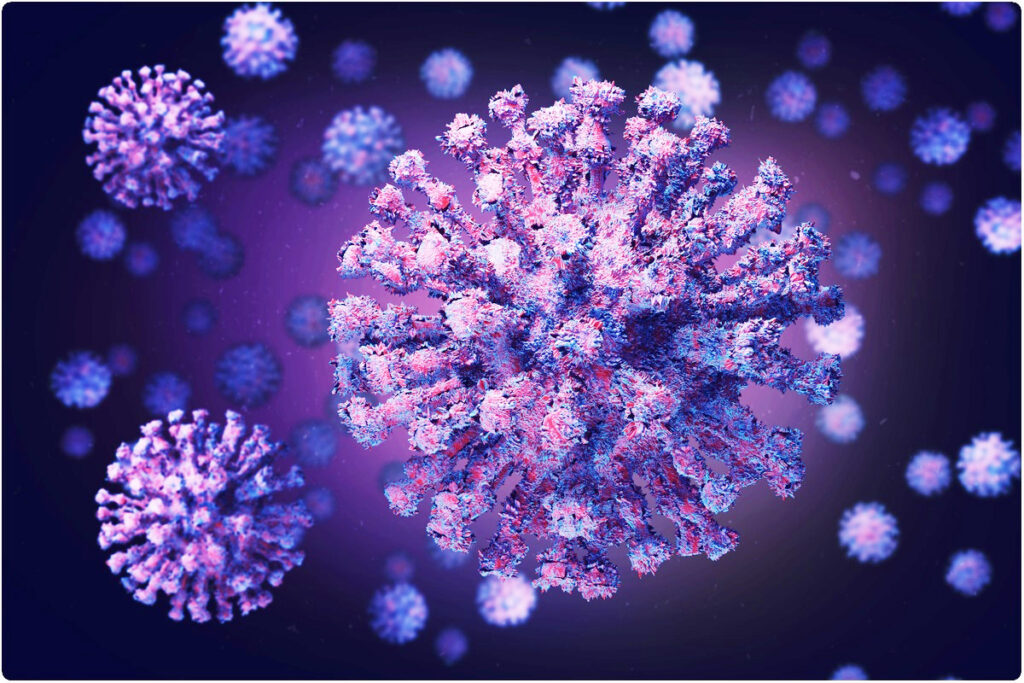
New variants
Uganda now has highly transmissible Covid-19 variants which were first reported in the UK, South Africa, Nigeria and India.
The government confirmed that variants such as the South African strain B.1. 351, Nigerian variant B.1.525 and the India B.1.617.2 are here. These are said to be more contagious than the usual virus.
The country also registered a different strain, A.23.1, which is the major virus lineage now observed in Kampala.
Professor Pontiano Kaleebu, the executive director of the Uganda Virus Research Institute (UVRI), said variant means that the virus is mutating and creating new strains different from others.
Scientists explain that all viruses, including the one that causes Covid-19, constantly mutate into new versions or variants.
Children not spared
The Covid-19 strain that is escalating infections appears to mutate so fast, causing severe illness and deaths among people that present with symptoms.
Unlike in the first wave, medics say the second wave is mostly affecting children and the youth.
New data
As Uganda battles with the second wave of Covid-19 pandemic, the number of new cases is increasing daily and ICUs are full to capacity.
Data from the health ministry shows that the country has registered 47, 147 cumulative confirmed cases, 43401 recoveries, 362 total deaths and over 524 new confirmed cases.
Kampala and Wakiso districts remain hot beds for new Covid-19 infections.
Ultimately, Atuhebwe has fully recovered and resumed her work. She warns the public to keep wearing masks, washing hands, social distancing, even after being vaccinated.
She adds that the people should also adopt proper etiquette for masks by keeping them clean, avoid touching them and ironing before wearing.
















